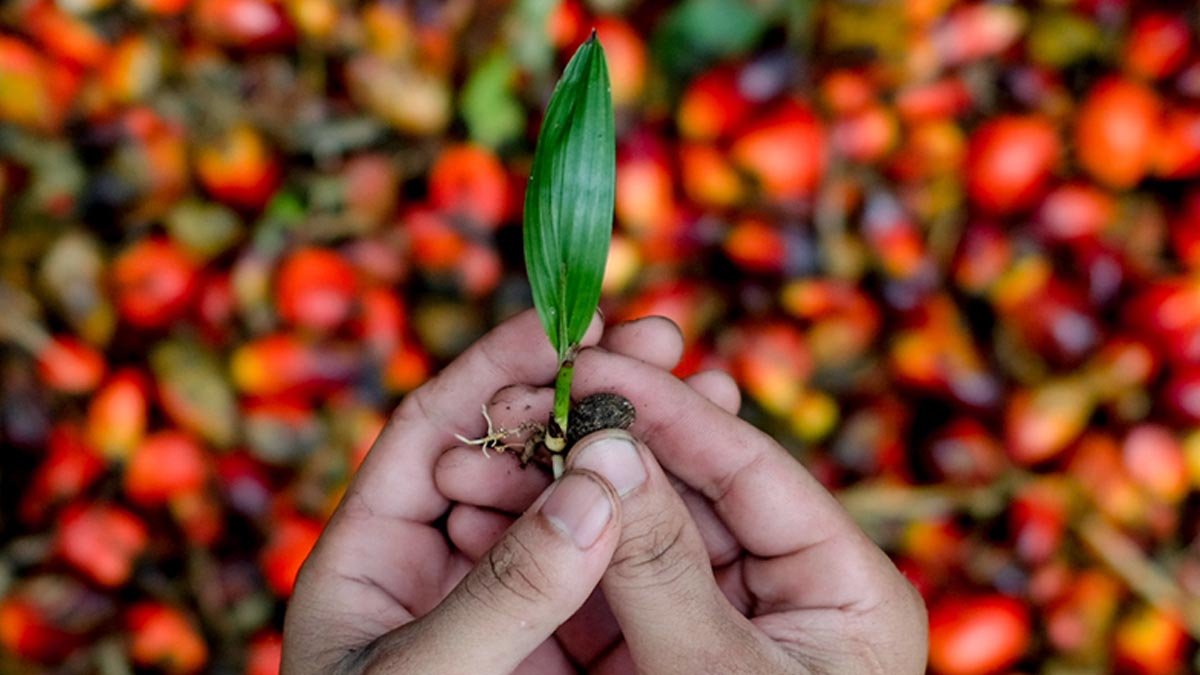PALMOILMAGAZINE, SANGATTA – East Kutai (Kutim) Deputy Regent Mahyunadi has emphasized the need for local oil palm seed research tailored to the region’s soil conditions, reducing reliance on seed supply from Sumatra. He delivered this message during a meeting with the United Nations Development Programme (UNDP) Sustainable Landscape of Palm Oil Initiative (SLPI) team at the Pelangi Room, Royal Victoria Hotel, on Wednesday (Sept 10, 2025).
“If it can be done in Sumatra, why not in Kutim?” Mahyunadi said, encouraging efforts to achieve self-sufficiency in palm oil seed production.
Currently, Kutim remains heavily dependent on seeds brought in from outside the region, particularly Sumatra. Mahyunadi highlighted that local research has strong potential to produce seeds more adaptive to Kutim’s soil and climate. “So far, no one has initiated this idea. That’s why I’m urging Kutim to take the first step. If research starts, it can later be financed by the regional budget,” he told Palmoilmagazine.com, as reported by the Kutim Regency Government on Saturday (Sept 13, 2025).
Also Read: Sabah Smallholders Strengthen Role in MSPO with RM2 Million Support
He acknowledged that palm oil seed research is a long-term effort, ideally requiring one full planting cycle of 20–25 years to assess plant survival and productivity. However, with focused research and technology, Mahyunadi is optimistic that initial results could be achieved much sooner. “If research is properly directed, within five years we may start producing seeds suited for Kutim’s soil,” he added.
Beyond seed research, the meeting also reaffirmed the local government’s commitment to the Regional Action Plan for Sustainable Palm Oil (RAD KSB), which aligns with East Kalimantan’s green economy strategy and the national RAN KSB framework. The Kutai Timur Multi-Stakeholder Forum for Sustainable Development (Formika) was also urged to strengthen cross-sector collaboration among government, companies, cooperatives, and communities.
UNDP Indonesia introduced the Effective Collaborative Action (ECA) methodology to ensure inclusive participation in sustainable development efforts. As part of the agenda, the UNDP SLPI team will also conduct field visits to Muara Bengalon, Tepian Baru, and Miau Baru villages to observe firsthand the challenges faced by smallholders and explore local innovations.
With a well-planned local seed research program, Kutim is expected to boost palm oil productivity, safeguard the environment, and improve community welfare—setting an example for other regions in building a sustainable and self-reliant palm oil industry. (P2)
